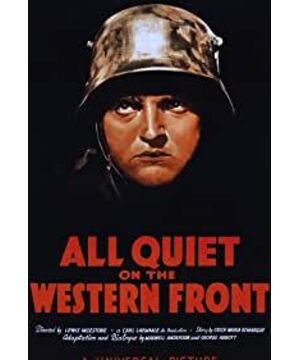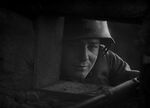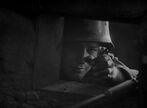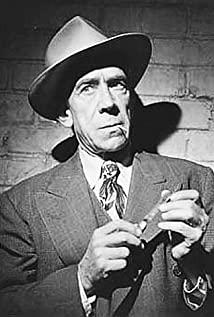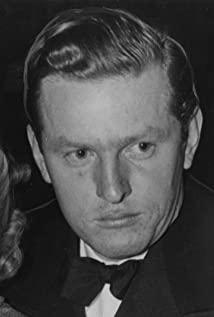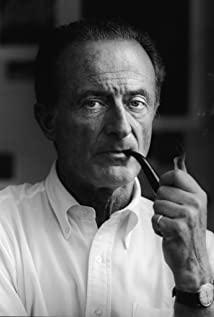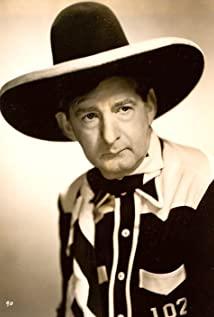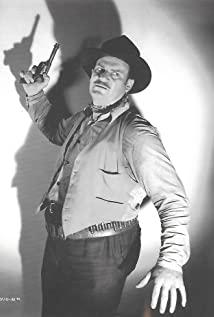When the last all quiet subtitle appeared, my first reaction was that it meant that all of them were killed, so it was all quiet. But my mother said it was a truce. Possibly a pun.
At the beginning of the film, the scenes in which the characters appear one by one set the atmosphere of tragedy for the whole play. Their classmates were supposed to be carefree teenagers with infinite visions and fantasies about the future. Those who love horses and farms, those who want to be foresters, those who want to engage in theology, and anything else. After being enlisted before going to the battlefield, everyone was still cheering, not knowing the cruelty that was coming. It was not until they got on the train that they saw the remnants being transported down one by one, and they felt their fear for the first time. Such a young life suddenly has to accept all this. In the middle of the battlefield, they also imagined life after the war once again - wanting to be engineers, wanting women, even wanting to stay in the army (though the reasons are a bit poignant, just for the food and beds there).
In the middle, it was mentioned several times that everyone discussed why we are here and why we are fighting this battle. Some people will benefit, those general will benefit from it. It's heartbreaking what Paul Baumer said to the Frenchman after he stabbed him on the battlefield. If it weren't for this war, we could have been good brothers, and we could have known each other who the other was. But they never wanted us to know that.
When Kat was lying on the bed, he also said that all the French people I know are just human, and they are all ordinary people with no bad character. It's just that everyone is forced to be sent to the battlefield to become ruthless weapons and tools for the benefit of others. Ironically, when Paul came home to see his mother, he asked where his father was, and his mother said that he was in the sulphur field, working overtime. In order to survive, people and families who should not and did not want to fight had no choice but to do it for the war. With "contribution", he indirectly helped his son die.
This also includes the teacher who taught them to contribute to fatherland - he didn't fight the war himself, and he didn't even know what his words meant to each life, he only talked about it. Even when Paul told him that a lot of people were dead or lost, he said that the students made him proud, and he didn't know what to be proud of. It will only instill his own set of ideas, and compare the current class of students with Paul's class by his standards. It is also letting students die one after another.
When he came home at night, he got up and wrote a note to his mother, saying that there are many books I used to love, my beloved books, but they don't speak to me anymore. Said that he can only kill now, his life has been It belongs to the battlefield, so he can only return to the battlefield, his current real home.
And after he went back, the big brother there said you're such a fool to come back. Indeed, from our point of view, we also wondered how he would want to go back. But in himself, but the role may indeed be like what he said, he has been changed forever, and he can't go back.
And it's ironic that the day he came home, he went to the house of a good brother who died in battle to tell his mother the news. He lied that he died quickly, not for a long time but painful, but his mother didn't believe it, let him Swear, if he didn't die like this, he (the protagonist) would never come back here (hometown). He was stunned for a long time, calmly but thought-provokingly asked her, if he (brother) hadn't died like this, wouldn't he deserve to come back?
As a result, fate took him away from this place forever, and his soul no longer belonged here.
View more about All Quiet on the Western Front reviews


